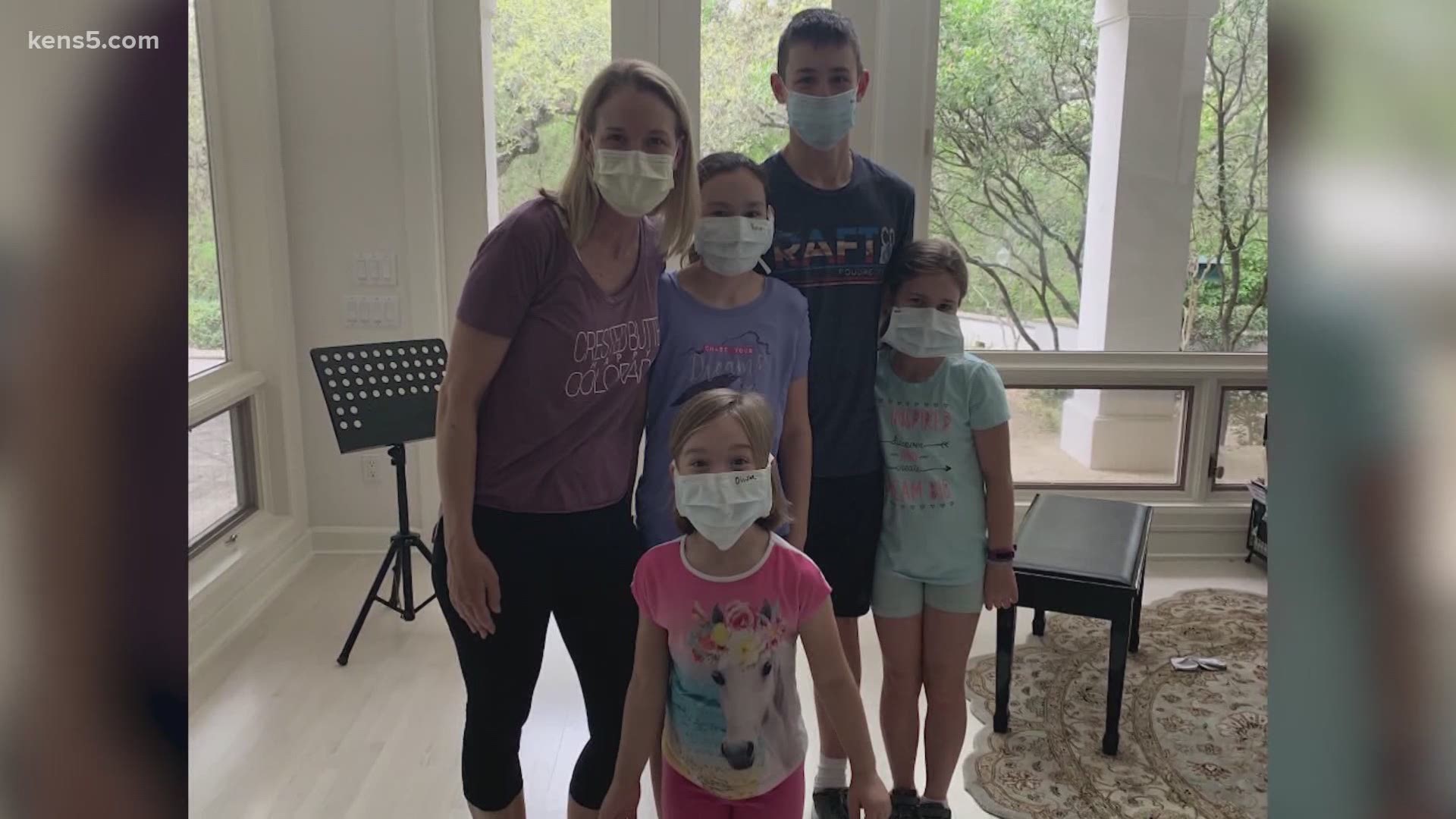SAN ANTONIO — Dr. Aaron King, a family medicine physician with Health Texas in San Antonio, and his wife thought a getaway from the big city would make them safer. They came to find out it did the complete opposite.
“By the time we had left the slopes, they notified us they closed the mountain and that there was a potential COVID-19 outbreak in that location,” King said.
In early March, the family embarked on a ski trip to Colorado, not long before the U.S. knew how serious the coronavirus was but while COVID-19 was already makes it way to communities across the country.
King and his wife both got tested once they made it back to San Antonio. Both tests returned a positive diagnosis.
“It took a good two to three weeks for us both to feel we were both asymptomatic and then we had to wait another two to three weeks and test negative to make sure we weren’t going to expose anyone else,” King said.
Most importantly they didn’t want to expose any of their four children.
“I think, more than our concern for our health, we were concerned about our patients," King said. "When would we be able to go back to the clinics and see our patients?"
They were forced to spend time at home away from work, but with the help of Telemedicine, their work never stopped. In fact, it wouldn't for a long time.
“I was actually able to work from home and see patients, even while I was ill,” King said.
Today, King, his wife and their four children are doing just fine. However, as Texas and San Antonio reckon with record numbers of cases during this pandemic, he said people should remain vigilant.
“It is very important right now that people stay very cautious, because I think the risk for infection is actually higher today than it was a few months ago,” King said.
He emphasized the importance of going to donate plasma if you've fully recovered from the virus, as that's been proven to help others in their battle against the coronavirus.

